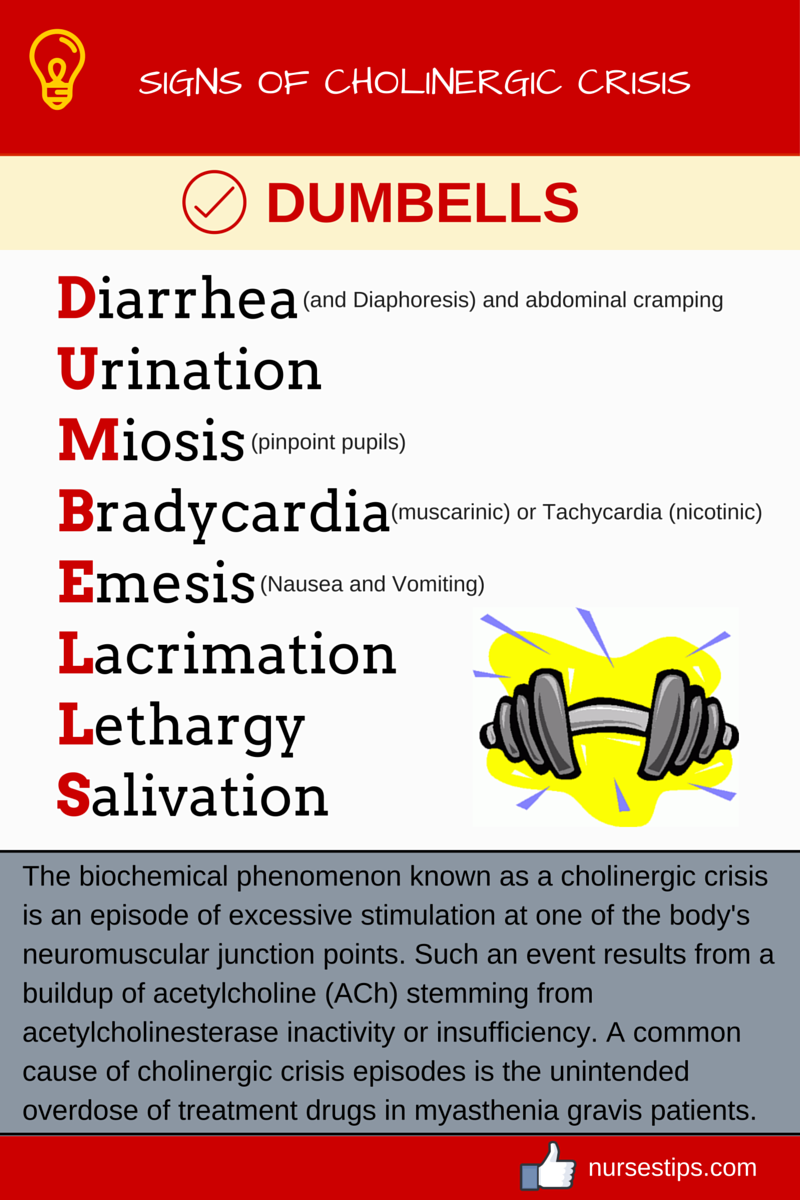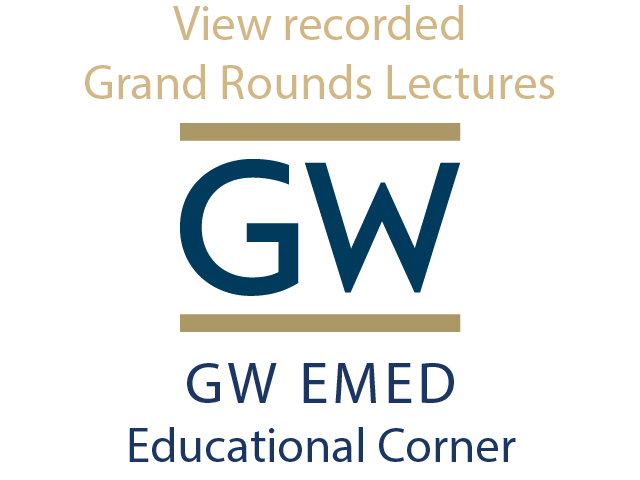|
Acetylcholinesterase inhibitors include carbamates, organophosphates, and chemical weapons, which bind to carboxylic esters, such as acetylcholinesterase at the nerve terminals and within RBCs. These are commonly used as pesticides, but have also been utilized as chemical weapons, such as the Tokyo subway poisoning in 1995 which utilized Sarin. Additionally, many Alzheimer medications are also acetylcholinesterase inhibitors, and can give the same symptoms when at elevated amounts or overdose, and can present with vague or mild symptoms. SymptomsSymptoms may be minimal or vague, but include increased excretion (diarrhea, emesis, lacrimation) as well as miosis, bradycardia, and lethargy. TreatmentTreatment should focus on decontamination, reversing muscarinic (cholinergic) effects, and antibotal therapy to regenerate acetylcholinesterase.
Excess muscarinic (cholinergic) activity should be countered with atropine, and the dose of 1-2mg should be repeated every 2-3 minutes as needed to provide drying of bronchial secretions. This may require over 40mg of atropine in severely poisoned patients. Antidotal therapy with pralidoxime (2PAM) should be used as early as possible, with the goal to reverse the organophosphate-acetylcholinesterase bond, and inactivates free organophosphates. 2PAM is unable to work once this bond is 'aged', so early administration is important, and should be given even if the patient presents at 24 hours after exposure.
0 Comments
Leave a Reply. |
Categories
Archive
February 2018
Please read our Terms of Use.
|

